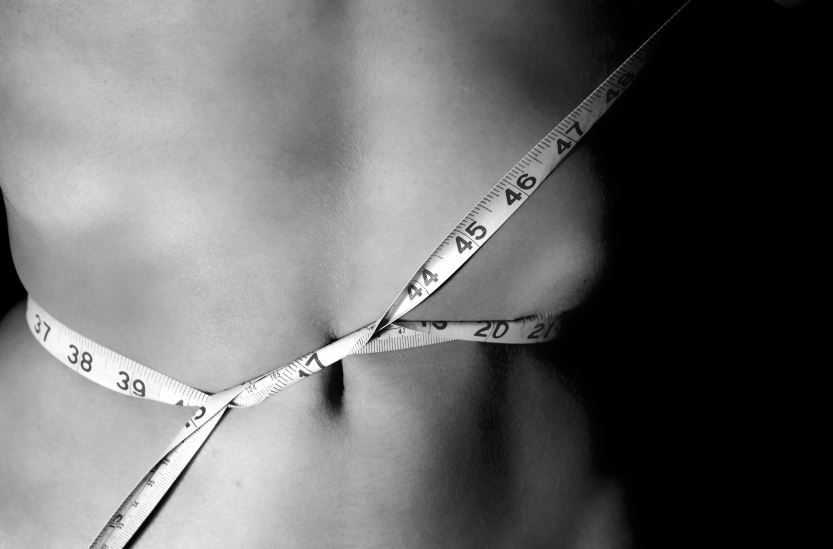
Eating disorders are terrible to deal with because they are essentially a mental health issue. You have likely started over- or under-eating as a response to stress, anxiety and emotional issues. It is critical that you recognize the signs so you can seek help before you do any irreparable damage to your life and your health. If you start noticing any of these five signs, it is time to seek professional help.
Your Family and Friends Are Worried
One of the first signs that should tip you off to an eating disorder is if your family and friends have started to notice abnormalities. They may commonly express worry about your eating habits and how those habits, such as compulsive eating and exercise, are affecting your general health. If they start using terms like bulimia and anorexia, you should consider seeking help from eating disorder professionals at bulimia treatment centers.
You Have Drastically Gained or Lost Weight
This is one of the biggest telltale signs that an eating disorder might be present. This is especially true if you are going through periods of extreme stress or have experienced major life changes recently. It’s possible your weight loss or gain is related to another medical issue, but either way you should be checked by a physician.
Your Health is Suffering
If your overall health is suffering, it might be a sign of an eating disorder. Being severely overweight can cause joint problems, high blood pressure and other potentially life-threatening conditions. Being severely underweight can cause you to get sick more often, feel fatigued and stunt growth. Frequent vomiting may be the cause of severe discomfort such as developing a swollen jaw and teeth damage.
You Obsessively Check Your Body
If you seemingly cannot stop pinching, weighing, looking at and stressing about your body, it’s time to get help. This is usually a sign of an eating disorder because it shows that you may be unhealthily focused on how your body looks. Seek help especially if the time spent scrutinizing your body is affecting your ability to function in everyday life.
Fewer or Absent Menstrual Periods (If Female)
Unfortunately, eating disorders are more common among women, making periods a major sign that a problem is present. Irregular or absent periods can be the result of other medical conditions such as hormonal imbalances and pregnancy. However, extreme weight gain or loss can result in your menstrual cycle becoming irregular or going away altogether. This can even damage your ability to have children in the future.
Eating disorders are not uncommon but require care. Get support anywhere you can, including from your friends, family, teachers, medical professionals and counselors. With some titanic effort, you can best the demons that might be ruining your life.
Emma Sturgis
Recent Posts
- Castor Oil For Better Hair Growth: Is It Myth Or Fact?
- Exploring the Differences Between Sermorelin, Ipamorelin, Ibutamoren, GHRP2, and GHRP6: Understanding Their Role in Human Growth Hormone Regulation
- Unraveling the Mystery: Understanding the Causes and Prognosis of Ventricular Tachycardia Without Apparent Heart Disease
- Understanding Grandparents’ Rights in Oklahoma: Navigating Visitation and Legal Protections
- 10 Reasons to Consider Hypnotherapy for Your Health

